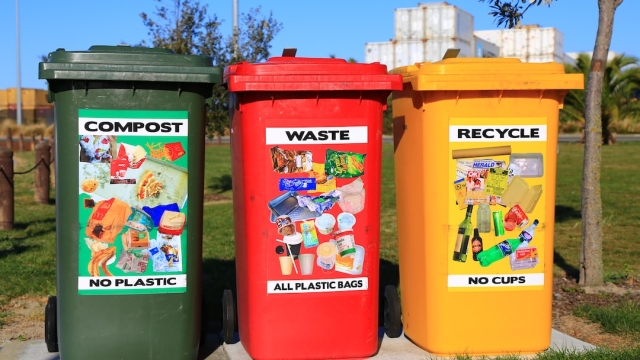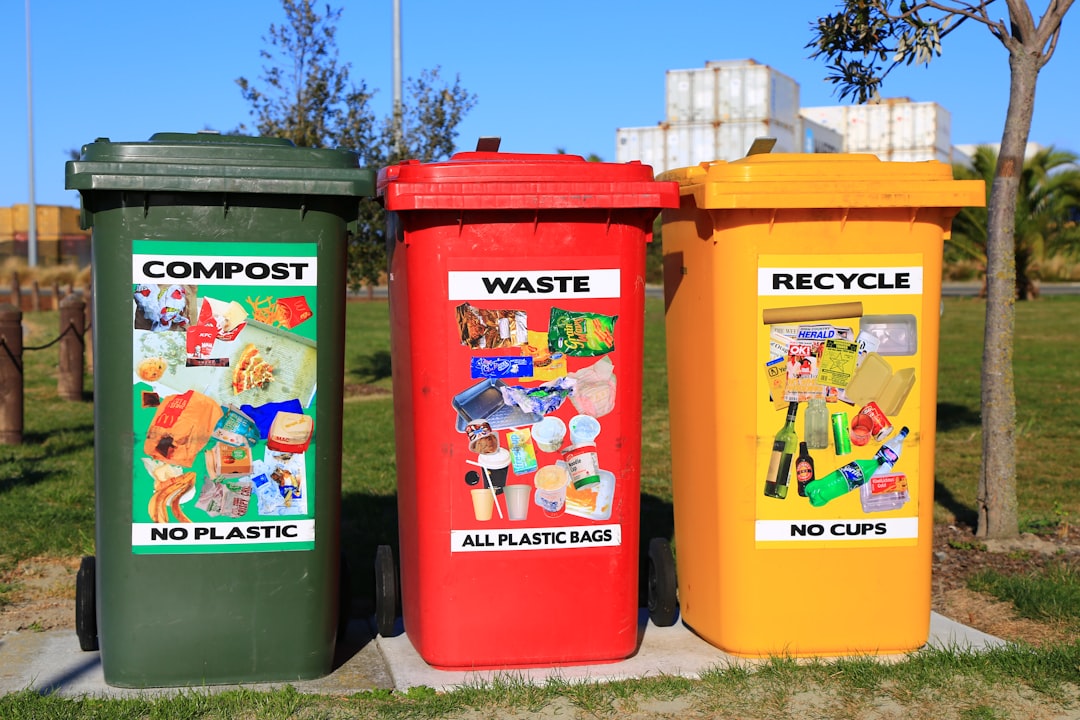Waste removal plays a crucial role in keeping our cities and communities clean, organized, and healthy. It is an essential service that ensures the proper disposal and management of all the rubbish and unwanted items generated by households, businesses, and various industries. From everyday household waste to large-scale house clearances, waste removal services have become an integral part of our modern lifestyle.
Rubbish removal has evolved over the years, transforming from a simple waste disposal process to a sustainable solution. Today, it goes beyond simply collecting and dumping trash in landfills. With growing environmental concerns and the need for resource conservation, waste removal has taken on a more responsible and eco-friendly approach.
House clearances, for instance, have become much more than just emptying out unwanted items from a property. There is now a greater emphasis on reusing, recycling, and repurposing to reduce the volume of waste sent to landfill sites. This shift toward sustainability has given rise to innovative waste management practices, such as sorting facilities, composting programs, and recycling centers, that aim to extract the value from discarded materials.
House Clearances Sheffield
By adopting sustainable waste removal practices, we not only reduce the environmental impact, but also contribute to the creation of a circular economy. It enables the recovery of valuable resources, reduces greenhouse gas emissions, and minimizes the overall carbon footprint. Furthermore, it empowers individuals and businesses to make conscious choices when it comes to waste disposal, promoting a greener and healthier future for generations to come.
In this article, we will explore the various aspects of waste removal, delve into the importance of sustainable waste management, and highlight the transformative potential it holds. Let’s embark on this journey together and discover how trash talk can turn into an inspiring tale of environmental stewardship and a sustainable solution.
The Environmental Impact of Waste Removal
Waste removal plays a crucial role in maintaining a clean and healthy environment. However, the methods and practices involved in waste removal can have significant environmental consequences. It is essential to understand the environmental impact of waste removal to develop sustainable solutions for managing waste effectively.
One of the primary environmental concerns associated with waste removal is the emission of greenhouse gases. Traditional waste removal techniques, such as landfill disposal and incineration, release large amounts of carbon dioxide and other harmful gases into the atmosphere. These emissions contribute to climate change and air pollution, posing risks to human health and the overall balance of our planet’s ecosystem.
Moreover, waste removal processes often result in the contamination of land and water sources. Landfills, especially when not properly managed, can leach hazardous substances into soil and groundwater. These pollutants can then enter the food chain, posing threats to both wildlife and humans. Similarly, improper disposal of waste in oceans and rivers can harm aquatic life and disrupt fragile marine ecosystems.
In addition to pollution, waste removal also contributes to the depletion of natural resources. The production and transportation of waste removal equipment and vehicles consume significant amounts of energy and raw materials. Furthermore, incineration processes often require the burning of fossil fuels, exacerbating resource depletion and contributing to global warming.
To address these environmental impacts, it is crucial to shift towards more sustainable waste removal practices. Recycling and composting can divert a significant portion of waste from landfills and reduce the associated environmental risks. Implementing waste-to-energy technologies can also help minimize greenhouse gas emissions by converting waste into renewable energy sources. Additionally, promoting responsible consumption and incorporating circular economy principles can significantly reduce the overall volume of waste generated.
By understanding and mitigating the environmental impact of waste removal, we can transition towards a more sustainable and circular approach to managing our waste. Through adopting innovative technologies and promoting eco-friendly practices, we can transform waste removal into a solution that not only keeps our surroundings clean but also preserves the health and well-being of our planet.
Challenges in Efficient Rubbish Removal
One of the key challenges in efficient waste removal is the lack of proper infrastructure. Many areas still do not have well-developed waste management systems in place, leading to difficulties in disposing of rubbish effectively. Without sufficient infrastructure, it becomes challenging to collect, transport, and process waste in an organized and sustainable manner.
Another challenge lies in the different types of waste that require specific handling procedures. Household rubbish removal often involves a diverse range of waste materials, including organic waste, plastics, paper, glass, and hazardous substances. Each type of waste requires different disposal methods, raising the complexity of the removal process.
Additionally, the sheer volume of waste generated poses a significant challenge to efficient rubbish removal. As populations grow and consumption patterns change, the amount of waste produced continues to rise. This puts pressure on waste management systems, making it crucial to find innovative solutions to manage the increasing quantities of rubbish in an efficient and sustainable manner.
Steps for Achieving Sustainable House Clearances
Implementing sustainable practices in house clearances can significantly contribute to waste reduction and environmental preservation. By following a few simple steps, individuals and organizations can ensure that waste removal processes are conducted in an eco-friendly manner.
Reducing unnecessary waste: The first step towards achieving sustainable house clearances is to minimize the amount of waste generated. This can be done by adopting practices such as recycling, reusing, and donating unwanted items. Before disposing of any belongings, it is essential to assess whether they can be repurposed, repaired, or given to others who may benefit from them. By reducing the overall volume of waste, we can make a significant impact on environmental sustainability.
Proper sorting and disposal: Once the unnecessary items have been identified, it is crucial to sort them appropriately to ensure effective waste management. Separating recyclable materials such as paper, cardboard, plastics, and metals from non-recyclable waste allows for easier processing and recycling. Additionally, hazardous materials and electronic waste should be handled separately and disposed of in accordance with local regulations. Responsible sorting and disposal practices are vital in minimizing the environmental impact of waste removal.
Engaging professionals in sustainable waste removal: Hiring professional waste removal services that prioritize sustainability is another crucial step towards achieving environmentally friendly house clearances. These professionals are well-versed in proper sorting, recycling, and disposal techniques, ensuring that waste is managed effectively. They often have access to specialized facilities for recycling or repurposing different types of waste, which further promotes sustainability. By engaging these experts, individuals and organizations can be assured that their waste removal processes align with environmental goals.
By following these steps and embracing sustainable practices in house clearances, we can contribute to a greener and healthier environment. With proper waste management and responsible disposal, waste removal can transform from a problem into a sustainable solution for a more eco-friendly future.


